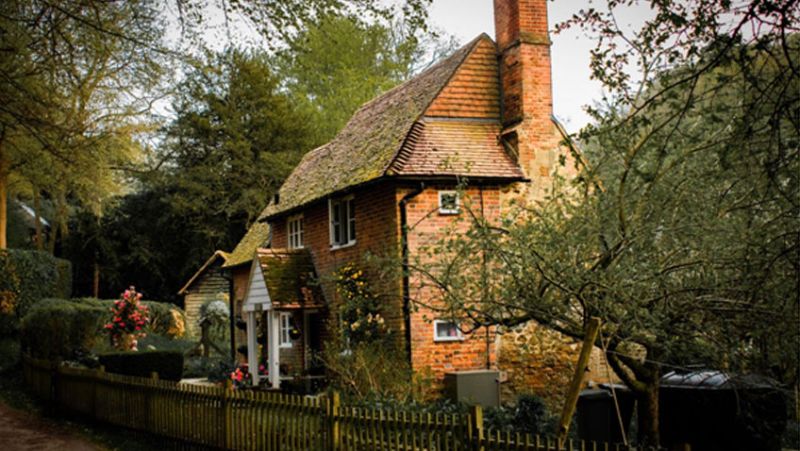
If you're looking for a reliable form of passive investment, the property is a good option. The real estate market in the UK offers plenty of possibilities, including both long-term rentals and vacation rentals intended for shorter stays. However, before you make any major real estate purchases, it's important to plan strategically. You want to make sure your property is attractive to renters, so you can easily find tenants. These tips can help you get started.
Start by picking the right property
Picking the right property is critical if you want to successfully rent it out. When selecting a place, consider the purpose. If you plan to rent it out long-term, you may want to prioritize a family home located in a good school district, for example. Alternatively, if you are planning on offering vacation rentals, scope out popular holiday spots for tourists. Examples in the UK include Norfolk and Pembrokeshire, according to Country Living magazine.
Before buying, educate yourself about the steps of the process, like getting a home loan. For instance, vacation home loans require a substantial down payment. However, keep in mind that you'll be able to use the rent you gather later to go toward the mortgage repayment. A real estate agent can help you navigate the finer points of property buying and help you find the perfect place. Use the Quick Properties platform to connect with licensed professionals.
Make upgrades that will make the property more marketable
Once you've got the perfect property, make it even more marketable with some value-boosting upgrades. Worthwhile steps might include converting the cellar, transforming the garage into a usable living space, or adding a loft conversion to the bedroom. Again, consider your target audience. For example, if you're planning on long-term rentals, you might want to split one large house into several smaller flats to rent out.
Alternatively, if you're planning on vacation rentals instead of long-term rentals, consider perks that holiday-goers might enjoy. Examples could include a terrace for al fresco dining and barbecuing, or a jacuzzi. Regardless of the property's purpose, when implementing renovations and remodeling, follow some basic best practices: Focus on big-picture durability, schedule renovations wisely, and don't skimp on fixtures and appliances.
Create compelling marketing materials for your property
Even the prettiest property won't rent if it isn't well marketed. Make sure you stage the place before showing it, cleaning it, and boosting curb appeal with extra touches like landscaping. Then, invest in photography photos that show the property in its best light. Make sure the pictures are bright and clear and edit them with professional software. Alternatively, you can hire a pro photographer to take the images, saving you time and stress.
Once you have the photos, you can use them in marketing materials. You can create a single-page PDF with some pics and basic stats to share easily with others. Disseminate the document online, updating it as needed with new info or images. If you don't know how to edit a PDF, there are PDF editing tools that let you easily make changes without printing anything out. Just upload the document, edit it, and then redownload it to share.
Set up your investment property as a business
Your investment property is technically a business. Treat it accordingly. Consider setting up a formal company to manage your income, like an LLC. You can either hire a lawyer or use a business formation service, which is more affordable. This will help protect your personal assets in case of litigation related to your property. Wellers Accountants provides a guide to the types of company structures possible in the UK, from partnerships to LLCs.
With this administrative step done, consider in greater detail how you want to run your property. For example, you should determine whether you want to hire a property manager or whether you want to handle practicalities like finding tenants yourself. Also, educate yourself about the tax implications of rental income. Landlords have legal responsibilities under UK law and they're required to pay taxes on their rental income.
Setting up an investment property for success is a serious business. The first step is determining whether you want to offer long-term or vacation rentals. The above guide can help you through this and all the other points of the process.





